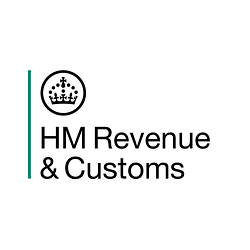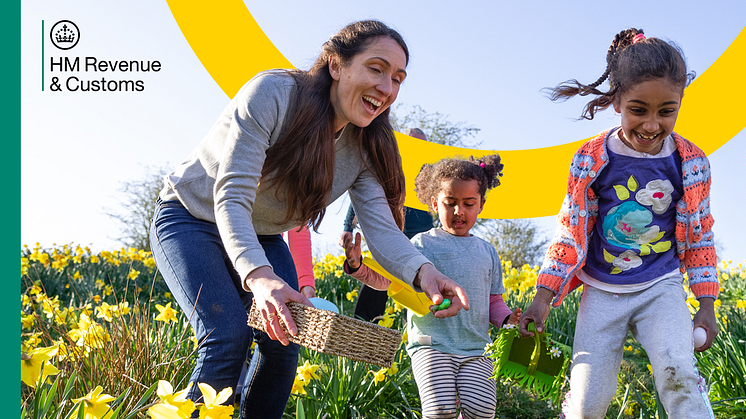
Press release -
Make everyday a playday with Tax-Free Childcare
- This Playday (6 August), working families are encouraged to sign up for Tax-Free Childcare to save on their childcare bills.
- Working families can save up to £2,000 annually when paying for childcare in 75,000 childcare settings across the UK.
- Supporting the government’s mission to grow the economy and deliver on the Plan for Change by putting more money in the pockets of working people.
To mark Playday 2025 (6 August), HM Revenue and Customs (HMRC) is encouraging working families to save money by signing up to Tax-Free Childcare and using one of the thousands of facilities accepting it as payment.
Tax-Free Childcare means working families can save up to £2,000 annually for each child up to the age of 11, and £4,000 for a disabled child up to the age of 16, when they’re paying for their childcare.
There are now 75,000 childcare settings accepting Tax-Free Childcare as payment including nurseries, registered childminders, holiday activity clubs and, for when school starts back in September, before and after school clubs.
Playday is an annual celebration of children’s right to play, highlighting the importance of play in their health, wellbeing and development.
Myrtle Lloyd, HMRC’s Chief Customer Officer said:
“Whether your child is interested in football, climbing, crafting or dance, there’s a huge variety of childcare settings accepting Tax-Free Childcare. Children can learn something new and have fun with their friends while their parents save on their childcare bills. Visit GOV.UK to sign up today.”
Families yet to sign up for Tax-Free Childcare can do it now to pay for their summer activities or start paying into it ready for breakfast and after-school clubs when the new term starts.
Once families have opened a Tax-Free Childcare account, they can deposit money and use it straight away or keep it in the account to use it whenever it’s needed. Any unused payments can be withdrawn at any time.
For every £8 deposited in a Tax-Free Childcare account, the government tops it up by £2, which means parents can receive up to £500 (or £1,000 if their child is disabled) every 3 months towards their childcare costs.
Families could be eligible for Tax-Free Childcare if they:
- have a child or children aged 11 or under. They stop being eligible on 1 September after their 11th birthday. If their child has a disability, they receive up to £4,000 a year until 1 September after their 16th birthday
- the parent and their partner (if they have one) earn, or expect to earn, at least the National Minimum Wage or Living Wage for 16 hours a week, on average
- each earn no more than £100,000 per annum
- do not receive Universal Credit or childcare vouchers
Visit GOV.UK to check eligibility and register for Tax-Free Childcare.
Tax-Free Childcare can be used alongside the free childcare hours, subject to eligibility.
Notes to Editors
- Playday is the national day for play, celebrated each year across the UK on the first Wednesday in August. For more information visit the Playday website.
- Latest Tax-Free Childcare statistics with data available up to March 2025 were released 28 May.
- More information about Tax-Free Childcare and how to register.
- Each eligible child requires their own Tax-Free Childcare account. If families have more than one eligible child, they will need to register an account for each child. The government top-up is then applied to deposits made for each child, not household.
- Account holders must confirm their details are up to date every 3 months to continue receiving the government top-up.
- Childcare providers can also sign up for a childcare provider account via GOV.UK to receive payments from parents and carers via the scheme.
- Follow HMRC’s Press Office on X @HMRCpressoffice
Related links
Topics
Categories
Issued by HM Revenue & Customs Press Office
HM Revenue & Customs (HMRC) is the UK’s tax authority.
HMRC is responsible for making sure that the money is available to fund the UK’s public services and for helping families and individuals with targeted financial support.



